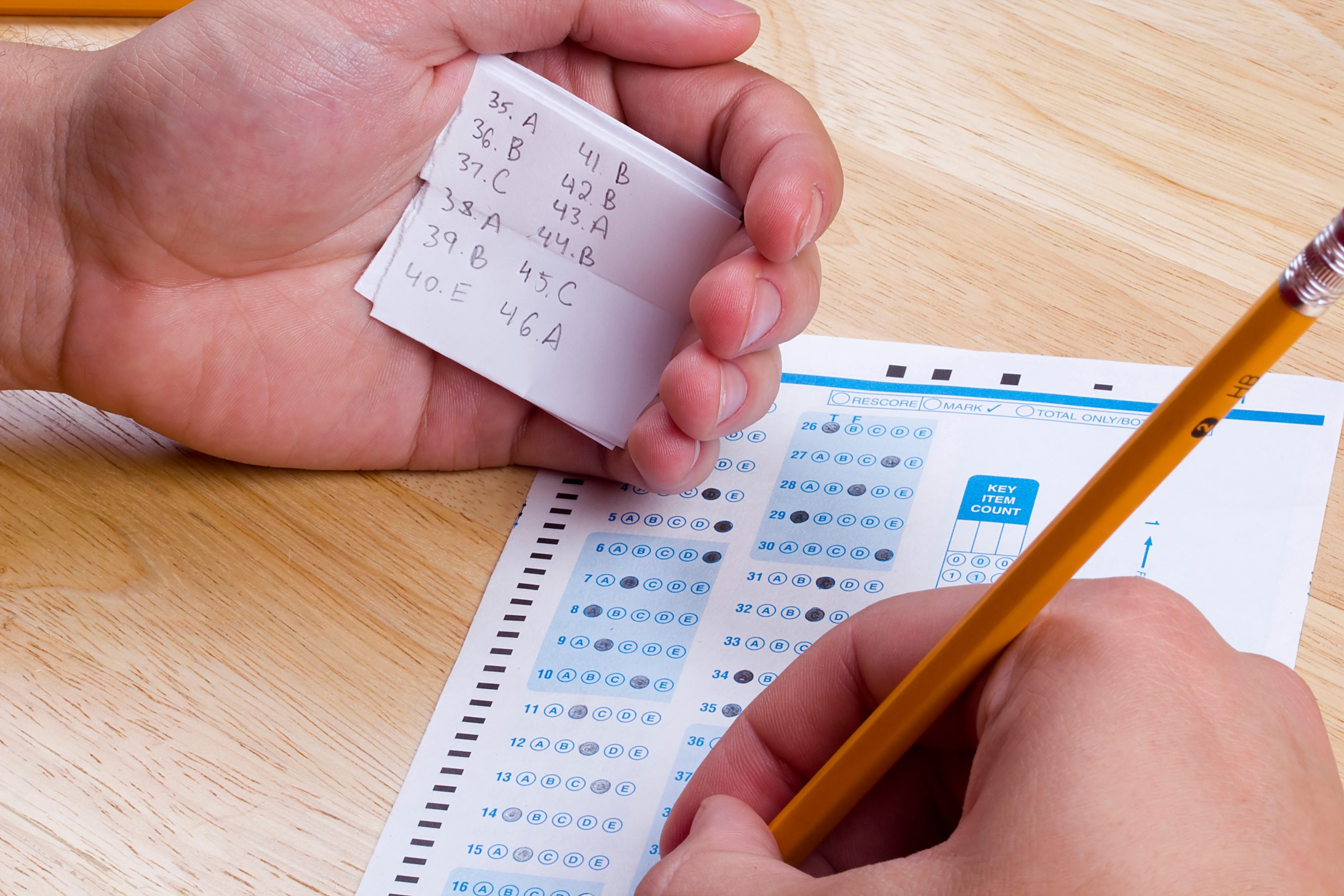Processes and Case Classifications
 When a report of alleged misconduct is provided to the Office of Student Conduct, the information is reviewed to determine if the allegation constitutes a violation of the Student Code of Conduct and to classify the case. Cases are classified as informal, alternative resolution, non-separation, and separation-level based on factors such as the allegation’s severity and prior allegations.
When a report of alleged misconduct is provided to the Office of Student Conduct, the information is reviewed to determine if the allegation constitutes a violation of the Student Code of Conduct and to classify the case. Cases are classified as informal, alternative resolution, non-separation, and separation-level based on factors such as the allegation’s severity and prior allegations.
Most referrals to the OSC for academic misconduct are resolved through the alternative resolution process or are classified as non-separation. All processes provide an opportunity for education and accountability.
- Informal: Informal actions involve informing the student about suspected behavior and providing passive education through written materials like the Student Code of Conduct or honor codes. These actions do not initiate a formal process with the Office of Student Conduct.
- Alternative Resolution Process: The program offers students a structured opportunity to learn from their experiences, develop intentional decision-making skills, and gain insight into academic integrity and cheating at Iowa State University. Students need to meet eligibility criteria to participate. The Alternative Resolution Program will not result in a disciplinary record with the university upon successful completion. This program emphasizes the importance of academic integrity and the development of decision-making skills.
- Non-Separation Cases: Non-Separation Cases cannot result in suspension or expulsion; sanctions range from a disciplinary reprimand to deferred suspension.
- Separation Cases: Separation cases involve more serious violations that, based on precedence and/or severity, warrant consideration of suspension or expulsion upon finding responsibility.
What to Expect from Student Conduct
- All students charged in the disciplinary process have the right to due process. This includes being informed of the charges, reviewing the evidence supporting the allegations, and responding, including providing evidence or witnesses and having a neutral decision maker. Students facing suspension or expulsion are offered numerous opportunities to participate and answer, which affords them a comprehensive level of due process.
- Students charged with a non-separation policy violation can meet with a hearing officer, present information, and discuss the allegations. The goal of these hearings is to determine, using the preponderance of evidence standard, if a student is responsible or not responsible for violating university policy, to engage the student in a reflective conversation about their behaviors, and identify strategies the student can implement to avoid future similar referrals.
- Students charged with a separation-level policy violation facing possible suspension or expulsion from the institution have two paths for resolution: a Student Conduct Hearing Board or an Agreed Resolution. Students are encouraged to meet with a hearing officer to discuss these resolution options and the process for each. Student Conduct Hearing Boards involve three university community members, pulled from a trained pool of staff, faculty, and students, who hear cases and make recommendations to the Dean of Students regarding responsibility and sanctions.
- At times, you may have a valid suspicion. Still, the information gathered and provided to the Office of Student Conduct may not constitute a “preponderance of the evidence.” In such cases, the accused student may deny responsibility and present information that logically challenges the suspicion. When the Office of Student Conduct cannot find the student responsible, we inform them that a disciplinary record will still be kept for seven years and that this case will be considered in the event of any future referrals.
FERPA
FERPA is the Family Education Rights and Privacy Act, a federal law that protects the privacy of student education records, including Student Disciplinary Records. As a reporting faculty member, there may be times when you have a legitimate need for information from the disciplinary case, including the outcome of the case. The information you receive from the Office of Student Conduct must be kept from other students, faculty, or staff members. Likewise, the Office of Student Conduct only shares Student Disciplinary information with school officials who have a legitimate need to know or with whom the student has signed a release of information. A legitimate need to know means that the information requested is necessary for the school official to perform their teaching or staff duties.

